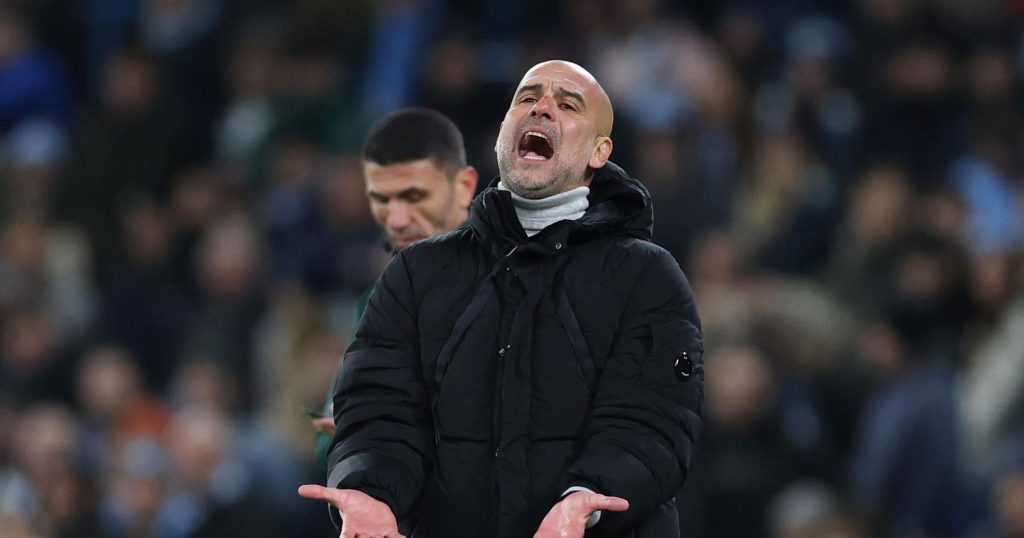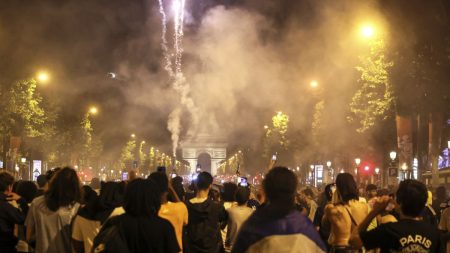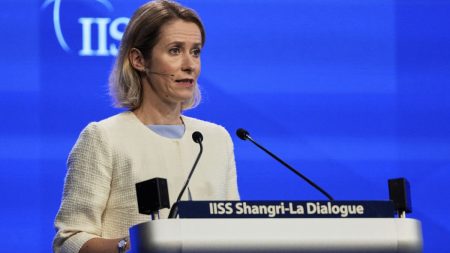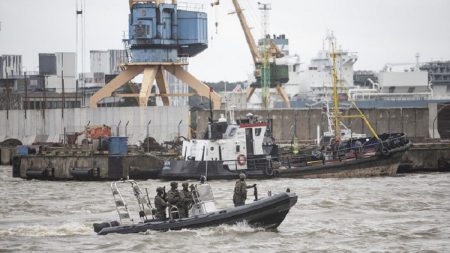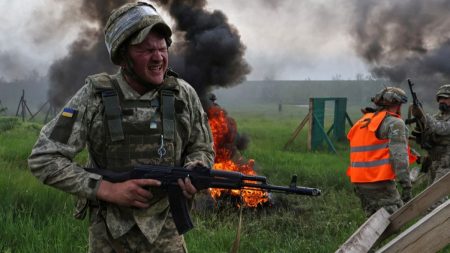In a stunning turn of events during a UEFA Champions League match, Manchester City squandered a 3-0 lead against Feyenoord, ending the game in a dramatic 3-3 draw at the Etihad Stadium. The home side dominated the first half, with Erling Haaland converting a penalty just before halftime. Following this, City appeared to be in complete control as Ilkay Gundogan and Haaland quickly added two more goals in the first 10 minutes of the second half. However, a series of tactical changes made by manager Pep Guardiola, which included substituting key players like Gundogan and Phil Foden earlier than expected, ultimately backfired and led to City’s shocking collapse.
The turning point came thanks to an error from Josko Gvardiol, whose no-look pass was intercepted by Anis Hadj-Moussa, who scored for Feyenoord. This goal breathed new life into the visitors, and they capitalized on City’s confusion and poor defensive organization. The introduction of younger players in the later stages raised questions about Guardiola’s management and tactics as City lost control of the game. Feyenoord’s Santiago Gimenez scored to make it 3-2, and moments later, a wonderful team move culminated in David Hancko heading in the equalizer. This astonishing comeback leaves Manchester City with only two victories from their five matches in the group stage, putting their automatic qualification for the knockout rounds in jeopardy.
Throughout the match, Pep Guardiola exhibited visible frustration, particularly after Gvardiol’s error allowed what seemed like a consolation goal for Feyenoord. The manager’s concern lies not only in the lost points but also in the persistent issues his team faces at crucial moments. The second half’s lack of game management and chaotic defending could indicate deeper problems within the squad, along with Guardiola’s still developing strategies, particularly with the inclusion of younger players in high-pressure situations. Additionally, the pressure on Manchester City to perform at the elite level expected of them grows more intense with each dropped point, particularly after such an embarrassing relinquishment of a lead.
On the other hand, Feyenoord’s resilience was spearheaded by their goalkeeper Timon Wellenreuther, who, despite being beaten three times, made a series of critical saves during the game. His performance, especially denying a header from Haaland that hit the post and an impressive stop from Foden in the first half, was instrumental in maintaining hope for his side. Wellenreuther’s efforts in the second half became even more crucial as Feyenoord mounted their astonishing comeback. The goalkeeper was a standout performer, earning accolades for his poise under pressure and crucial interventions.
As the match progressed, key moments highlighted the changes in momentum. City’s dominance in the first half, characterized by quick and clinical offensive displays, quickly turned on its head after the pivotal error leading to Feyenoord’s first goal. From 3-0 down to leveling the match by the 89th minute, Feyenoord showcased an extraordinary fighting spirit and tactical adaptability. Highlighting the shift in energy, the goals came in rapid succession, shifting from a situation where City seemed invincible to one where they were scrambling to regain composure and control.
Ultimately, this match serves as a stark reminder of the unpredictable nature of football, wherein one lapse in concentration can lead to disastrous consequences. For City, this match represents not just a loss of points but raises significant concerns about their current form and the structural integrity of their gameplay. The draw against Feyenoord becomes a turning point in the group stage, putting pressure on Manchester City to secure future victories in an increasingly competitive group. The team’s remarkable first-half performance, overshadowed by their absurd second-half collapse, showcases a critical area for improvement that Guardiola must address going forward to maintain their status as one of Europe’s elite teams.




